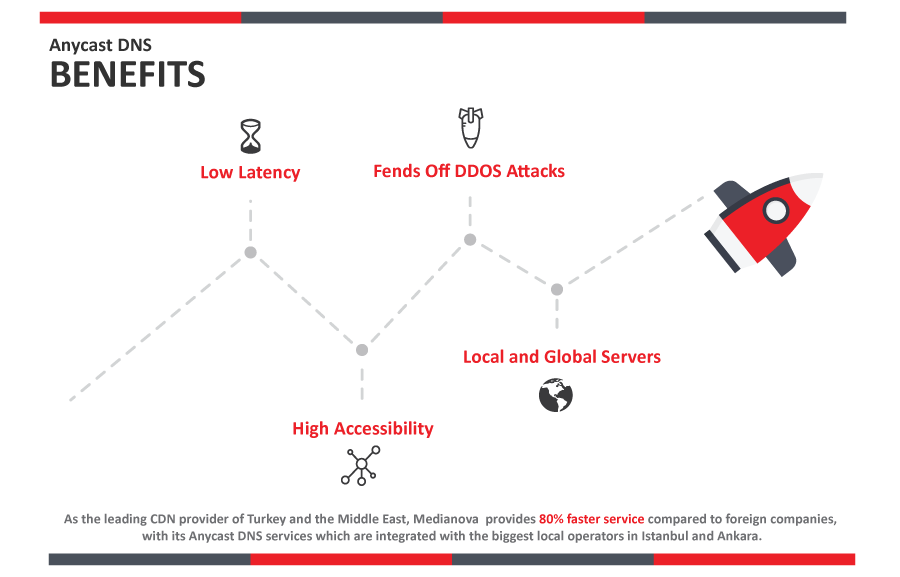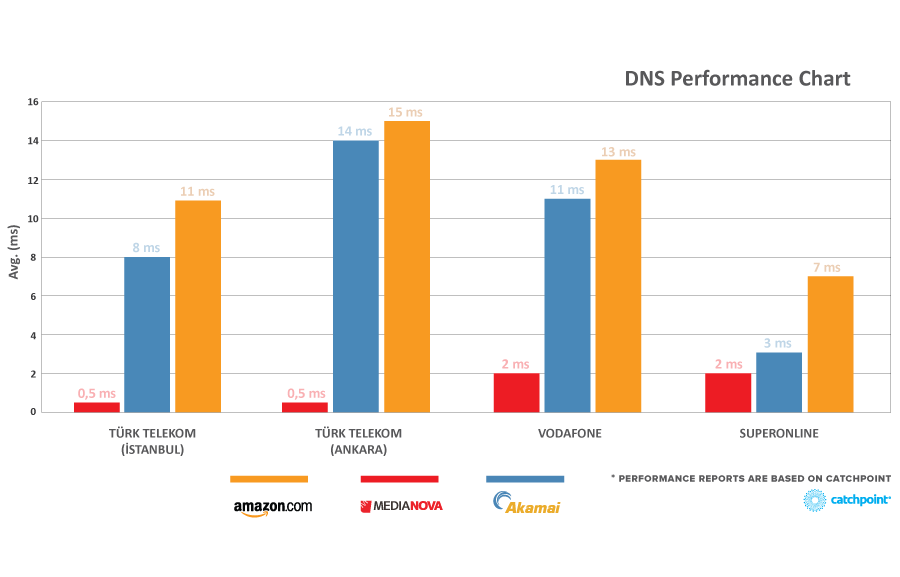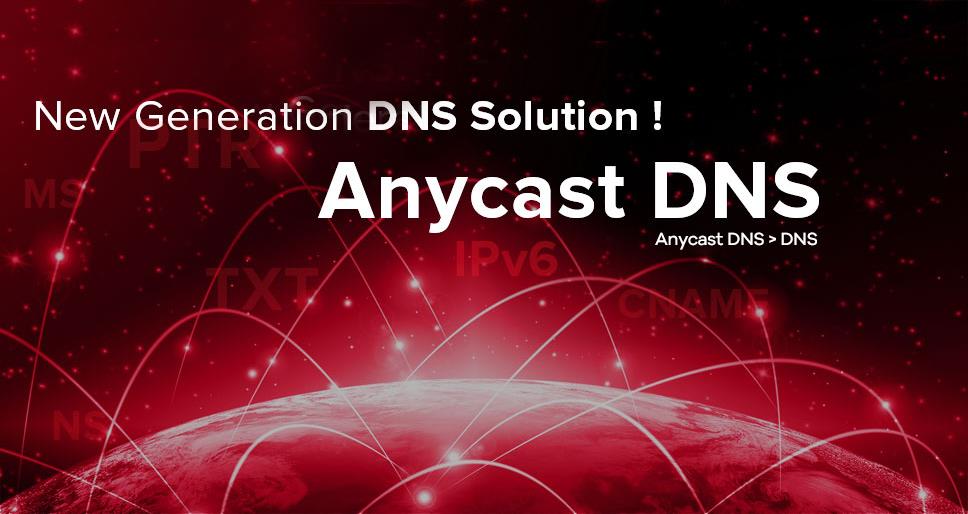What is Anycast DNS and What are its Benefits?
Anycast methodology is crucial for CDN networks to bring their content closer to the end user. So let’s first clarify what Anycast is: Anycast is a network addressing and routing method to enable single destination addresses having routing paths to multiple endpoints. If Anycast is implemented, routers will divert the request according to various factors such as the number of hops, distance, lowest cost, latency measurements or based on the least congested route.
One of the simplest ways to exemplify the principles of Anycast is the coffee shop franchise example. Let’s assume that a customer desires a specific type of coffee offered by a coffee shop chain. Since there are multiple stores belonging to the same coffee shop and they all offer the same product it doesn’t matter for the customer from which store the product comes from. Considering that there are multiple stores of the brand in various locations, the customer can decide from which branch they will place the order according to the distance, how busy the branches are and the delivery route that will be used by the branch when the order is placed.
As long as the product is identical, the customer will probably place the order in a manner that they will get their order as quickly as possible. Anycast serves the same purpose. The client or the end user requests specific data and Anycast diverts the request to a server that will fulfil that order as quick as possible.
Anycast vs Unicast
There are many types of transmissions such as Multicast, Broadcast and Geocast. But In a sense, Anycast and Unicast are the exact opposites of each other and often covered together or compared. Unicast can be summarized as “one machine one IP” while Anycast can be phrased as “one machine, many IPs”.
As opposed to Anycast, Unicast refers to transmission between a specific client and a specific server. It is usually the situation in home or office networks where every machine connecting to the network gets a unique IP address assigned to them. While it’s beneficial in identifying specific machines and maintaining a network structure, it is usually used for machines that are part of a subnetwork, because Unicast network structure leaves the machines in the network vulnerable to DDoS attacks.
In a DDoS attack, a server machine is deliberately kept busy with false requests until it’s overwhelmed to a point that it cannot accept any more requests and start denying legitimate requests or crashes.
In Anycast network structure, however, machines are not specified so that request and data flow can be directed to the most suitable machines through the most suitable and quickest routes, as the name “any” suggests.
Benefits of Using Anycast DNS
Every network structure has its advantages and drawbacks. It’s necessary to evaluate these before the application to be aware of the weaknesses and strengths of a network. Anycast DNS has various advantages which make it quite appealing.

Ease of Configuration
In an Anycast DNS structure, a single IP address is assigned and configured which is the case for CDN providers. Assuming that a website is taking advantage of a CDN provider, it may have a single IP address for the website, while in reality the traffic of that website is being handled by multiple servers located in various geographical locations.
In a Unicast network structure, these servers would have to be configured one by one and the traffic must have been handled accordingly. But in an Anycast scenario, all the backend process is handled and optimized by the CDN provider.
High Maintenance
In an Anycast network, there are multiple DNS resolvers and multiple servers that can handle the requests. Aside from its many other advantages, this is especially beneficial in terms of maintenance. Having multiple service points makes it possible to divert the traffic and sustain services in case one or more of the servers are unavailable for a reason.
Another benefit is that, as long as the server network is not fully inaccessible, users will not notice anything. In rare extreme cases, they may experience a slowdown but as long as the majority of the server network is intact, the user experience will be unaffected.

Better Defence Against DNS Attacks
Some DNS attacks including DoS and DDoS attacks rely on overwhelming the servers somehow and ultimately paralyzing them either by forcing them to crash or deny further requests.
An Anycast DNS structure is far less likely to be overwhelmed by such attacks. Simply because they are less likely to be overwhelmed. CDN providers take advantage of Anycast network structure to maximize the utilization of resources like bandwidth and servers to optimize the transmission capability. In a sense, they absorb such attacks simply by being able to handle very high volumes of requests.
This buys time for network security experts and IT specialists to become aware of the attacks and implement countermeasures. Again, users won’t even notice anything since the services will go on seamlessly.
Analytics
In an Anycast DNS structure, the network administrators can examine and evaluate detailed analytics about the traffic and server activities. In the case of a company or service expansion, such analytics data will come in handy.
Company or IT managers can easily pinpoint where the services should be enhanced and where the investments should be diverted to. Detailed traffic analytics can also be the key to notify hidden or neglected potential to be exploited.
Conclusion
A solid and well-planned Anycast DNS structure is the foundation of a quality CDN service. Medianova CDN services take advantage of Anycast methodology supported by machine learning to better optimize the traffic and handle requests. This results in peak performance no matter what the content is. Either it’s a live stream, video stream, image or simple text; Medianova CDN services constantly keep evaluating and optimizing the traffic and server utilization to keep the transmission performance at its peak.



